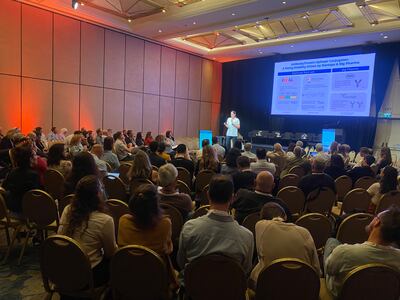Dewpoint Therapeutics, with headquarters in Cambridge, Massachusetts and Dresden, Germany, believes understanding and targeting biomolecular condensates – droplets without membranes that form in the cell through a process called phase separation – represents the next “tectonic shift” in drug discovery. With 16 years at investment firm Polaris Partners and multiple start-up CEO roles under his belt, CEO Amir Nashat, who received an Sc.D from Massachusetts Institute of Technology (MIT) in chemical engineering and a biology minor under the tutelage of MIT’s Bob Langer, said he’s never seen anything “so architecturally relevant … to everything in biology.”
The condensate space, said Nashat, “is probably more fundamental to a better understanding of how cells function, and how cell...
Read the full article – start your free trial today!
Join thousands of industry professionals who rely on In Vivo for daily insights
- Start your 7-day free trial
- Explore trusted news, analysis, and insights
- Access comprehensive global coverage
- Enjoy instant access – no credit card required
Already a subscriber?






